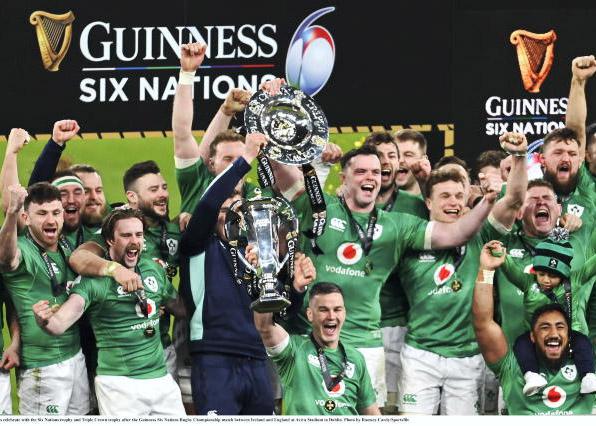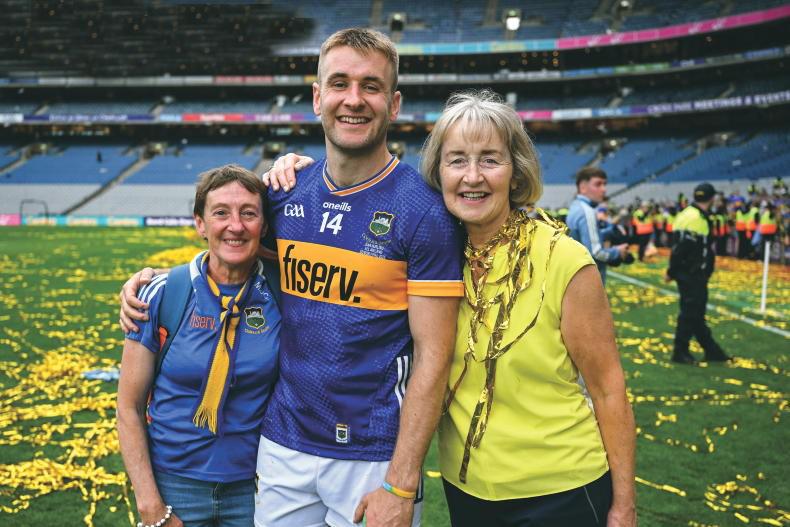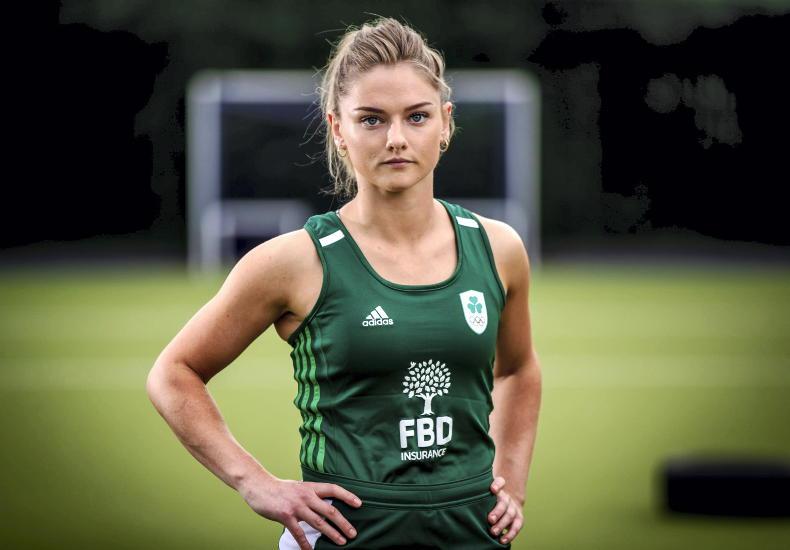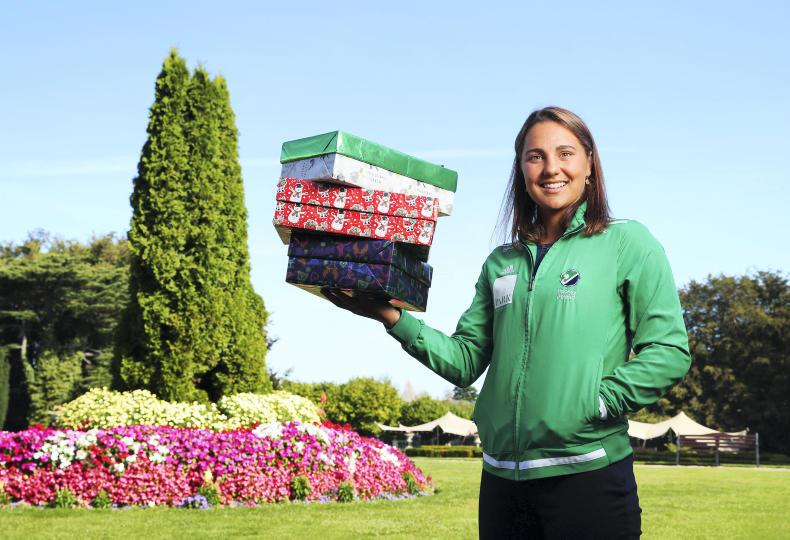The performance of last weekend on the GAA front has to be that of Donegal senior football champions Naomh Conaill in the Ulster club championship.
While their display in winning away to Cavan side Castlerahan was impressive in and of itself, the fact that they achieved their 1-11 to 0-11 victory despite having played three games in the previous three weeks made it all the more commendable.
Naomh Conaill needed three attempts to get over the challenge of previous champions Gaoth Dobhair in the Donegal county final, but, with the Ulster fixture set and needing to be played, the second replay was squeezed in last Wednesday night.
That they were asked to curtail celebrations and turn around and face into an Ulster clash was too much, in the view of former Donegal team doctor, Dr Charlie McManus.
Speaking before Sunday’s clash he said: “You have to remember that to win a county championship is the pinnacle for most people, and to not allow a team to acknowledge that, and to ask them to represent their county in a provincial club championship three-and-a-half days later, is wrong on so many levels.
“To allow this game to go ahead without recovery time, and anyone who is involved with sports medicine will inform you that the big emphasis now is on recovery and rehab and these boys won’t have time for either, it tells you that they don’t recognise you as the champions you are.”
Dr McManus’ points fell on deaf ears, however Naomh Conaill didn’t let it get to them and hopefully they were able to celebrate on Sunday night.
Calendar changes
The reason for the compacted fixture-list is that the All-Ireland club semi-finals have been brought forward more than a month and will be played on the weekend of 4 and 5 January, with the finals taking place a fortnight later, rather than their usual siting of St Patrick’s Day.
It’s all part of a move to have the club championship season completed earlier so as to ease pressure on players, but Naomh Conaill’s situation will become less of an exception if time is made even tighter.
The various GAA competitions are like plants in a glasshouse that have grown tangled around each other as the years have passed. You can prune them slightly to make some space, but to organise things properly you’d have to cut them to the roots and secure them with climbers to avoid a reoccurrence of the situation.
Unfortunately, the GAA solution is to make piecemeal changes in isolation, such as the change in scheduling for the Sigerson and Fitzgibbon Cups. The Sigerson back door has been done away with and the third level competition will be played off between 11 and 29 January, with the semi-finals and final taking place on Wednesday nights. While the Sigerson and Fitzgibbon are never going to draw huge crowds, they are highly regarded by players and have played an important role in the development of players who may not have shone at minor level.
The finals weekends were special events, though player welfare meant that playing on consecutive days wasn’t feasible in the long run. However, relegating the finals to a cold January Wednesday (or a cold February Wednesday in the case of the Fitzgibbon) will dilute their significance, one fears.
Also being brought forward is the All-Ireland U20 football championship, which will be concluded by the end of March. This is similar to how things were in the old U21 championship, but players on senior panels can’t play U20, so there is less fear of a summer crossover.
Competing interests
Even so, there is at least some semblance of a cohesive approach. The same can’t really be said for the Leinster Council beginning the 2020 O’Byrne Cup in early December 2019, despite the protests of the Gaelic Players Association (GPA). And that’s the big problem, really – there will always be competing interests and too many bodies with the power to set dates, meaning that things are never truly settled and remain in a state of flux.
Tune in this time next year to see what proposals we’ll be discussing for 2021. Definitely, they’ll be the ones to sort things out once and for all. CL
Ladies do us proud
Last weekend presented me with a rare Sunday off, so naturally it was spent on the couch, watching the FAI Cup final and then Ireland’s Olympic hockey qualifier against Canada.
Both games needed shootouts to find a winner - unfair on the players, perhaps, but always exciting for the neutral and, on balance, the least-worst way to find a winner in a short period.
Of course, few watching the events in Donnybrook were neutrals, with Ireland’s incredible comeback providing a great spectacle as the team backed up last year’s World Cup final appearance with a first successful Olympic qualification attempt.
In some ways, the marvellous achievement of the hockey team overshadowed Katie Taylor’s superb performance in Manchester on Saturday night as she became a two-weight world champion.
It’s something we’ve mentioned in this column before, but the big difference was televised coverage and easier access.
For all of Taylor’s fine feats before and after turning professional, the one she is most associated with is the 2012 Olympic win, because it was on free-to-air television.
Boxing has been behind the TV paywall for quite a while, meaning that only the die-hards are willing to shell out in order to watch bouts such as Taylor’s win over Christine Linardatou on Saturday.
In contrast, Roisín Upton, Ayeisha McFerran and their hockey colleagues were broadcast to the nation, with the trickle-down benefit of the game being played before a record attendance for a women’s international team event. Taylor deserves a wider audience, but boxing’s TV model is unlikely to change soon.
Incidentally, to get a real insight into Taylor’s character and ability, the documentary Katie is available on Netflix and is well worth a watch.









SHARING OPTIONS